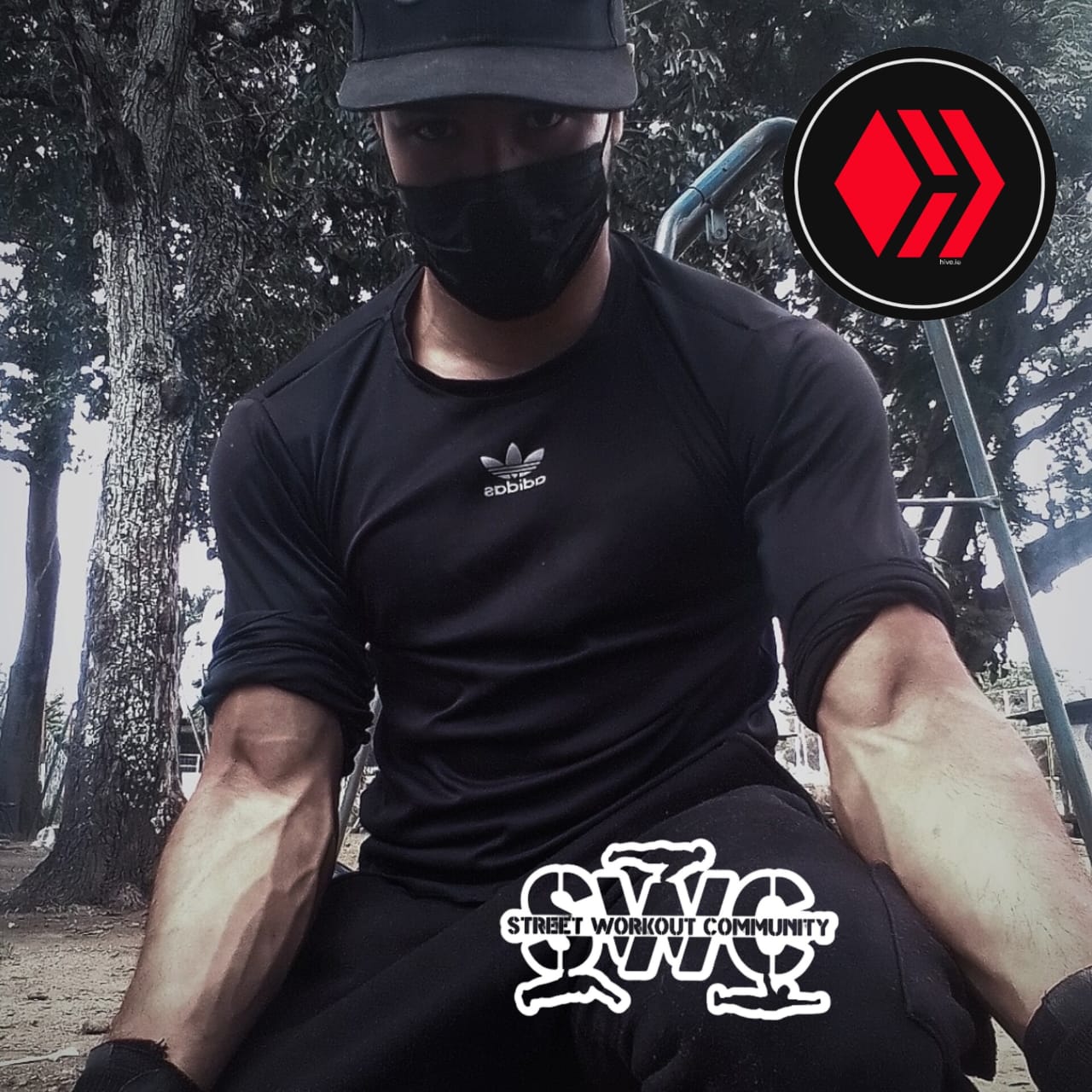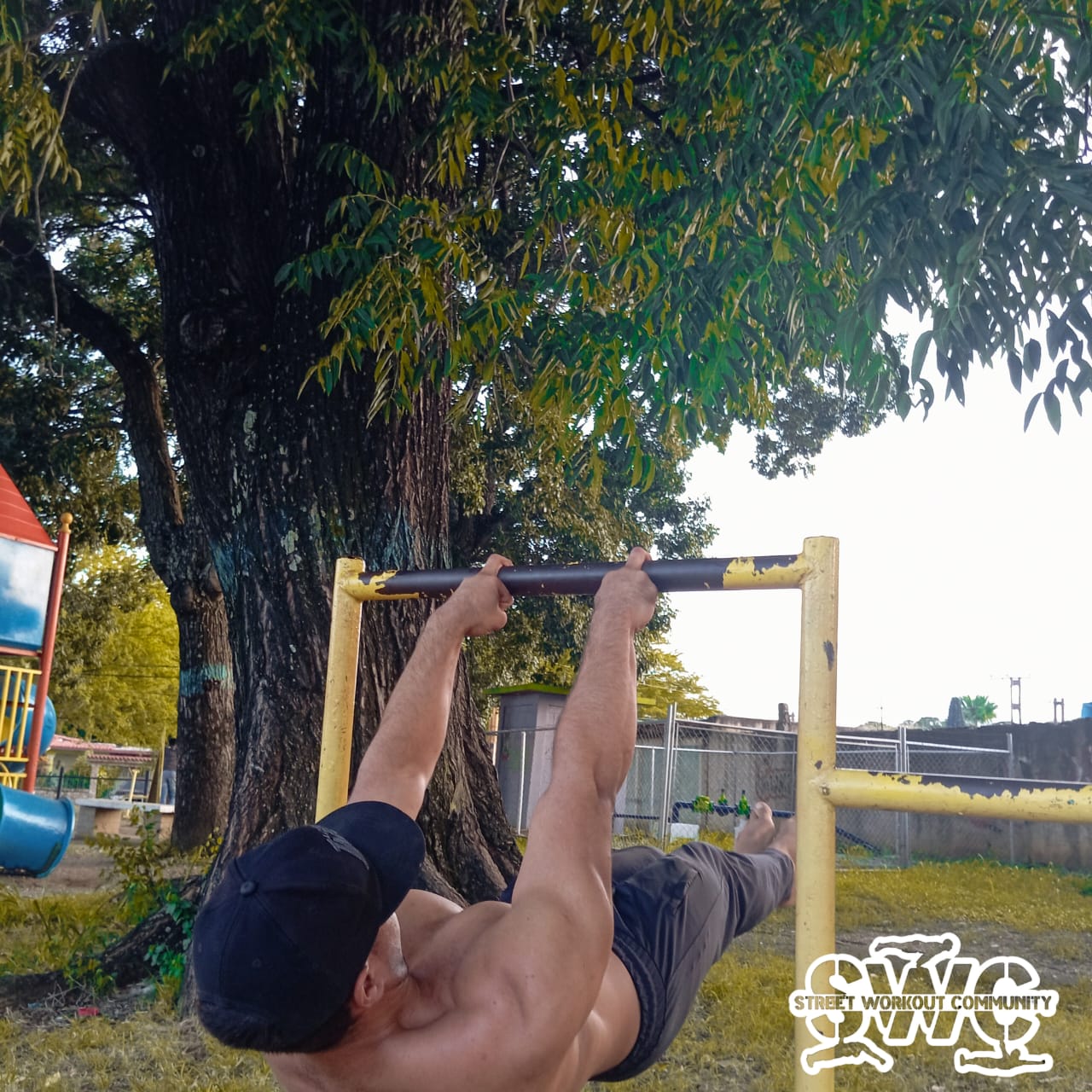Hasta este punto debemos saber diferenciar 3 cosas, cuando estamos sobreentrenados, cuando estamos entrenando poco y cuando lo hacemos de forma regular y progresiva. Hasta este punto sabemos identificar los síntomas del sobreentrenamiento pero no cuando estamos entrenando muy poco, por ende estas serían algunas señales a saber cuándo estamos infraentrenanodo.
Up to this point we must know how to differentiate 3 things, when we are overtrained, when we are training little and when we do it regularly and progressively. Up to this point we know how to identify the symptoms of overtraining but not when we are training too little, therefore these would be some signs to know when we are undertrained.
-Tenemos una sensación de poca intensidad entre series y repeticiones, Podemos mantener la sesión o el plan de ejercicios por largos periodos de tiempo y muchas reps y no tenemos ninguna sensación de fatiga o estrés musculo-articular. Podemos mantener al 100% la técnica y terminando la serie aún tenemos repeticiones o segundos por dar. Sentimos que esta todo “fácil”
-We have a feeling of low intensity between sets and repetitions
-We can maintain the session or exercise plan for long periods of time and many reps and we do not have any feeling of fatigue or musculo-articular stress.
-We can maintain 100% technique and at the end of the series we still have repetitions or seconds to go.
-We feel that everything is “easy”
En caso de que estemos sobreentrenando y ya tengamos la mitad o más de los síntomas mencionado en el apartado anterior podemos justificar las siguientes acciones como una forma de mejorar la recuperación. Es decir, como manejar la fatiga, lo primero que todo, la fatiga del sobreentrenamiento está asociado a la frustración, por ende debemos replantear las exceptivas en la sesión o plan para que sean más realistas y ajustarlas acorde a los recursos físicos y mentales del atleta. Es decir, darnos una pausa para acomodar el entrenamiento a los factores ambientales o externos, por ejemplo, supongamos que un atleta de Only-Static (solo ejercicios de tensión y fuerza) lleva un entrenamiento de 6 veces a la semana donde 3 son de plancha, y tiene como meta ganar diez segundos de Full Planche en 2 meses, esto podría ser razonable para quien se dedica solo profesionalmente a esto y pretende recuperar su antiguo nivel, pero si en el ejemplo anterior comentado, tenemos factores externos como, las lesiones, vida privada, el trabajo, los estudios y otros oficios necesarios personalmente sería más complicado, porque lo queramos o no, nuestra energía es limitada y debemos entrenar más inteligentemente y respetar nuestros descansos.
In case we are overtraining and we already have half or more of the symptoms mentioned in the previous section, we can justify the following actions as a way to improve recovery. That is, how to manage fatigue, first of all, fatigue from overtraining is associated with frustration, therefore we must rethink the exceptions in the session or plan so that they are more realistic and adjust them according to the physical and mental resources of the athlete. . That is, give ourselves a break to adapt the training to environmental or external factors, for example, suppose that an Only-Static athlete (only tension and strength exercises) trains 6 times a week where 3 are planks. , and the goal is to gain ten seconds of Full Planche in 2 months, this could be reasonable for someone who dedicates themselves to this professionally and intends to recover their old level, but if in the previous example mentioned, we have external factors such as injuries, Private life, work, studies and other personally necessary tasks would be more complicated, because whether we like it or not, our energy is limited and we must train more intelligently and respect our breaks.
 |
|---|
Para evitar el sobreentrenamiento solo debemos aceptar dos cosas, lo primero que los cambios repentinos en el rendimiento se quiera o no son normales siempre y cuando no afrontemos una competencia, trabajo mucho no es igual que trabajar eficientemente, aunque parezca paradójico debemos fijarnos en nuestros resultados y el facilitar el proceso lo más posible pero sin descuidar la intensidad del mismo para hacer cambios. En pocas palabras, disfrutar nuestros entrenamientos y ser exigentes respetando nuestra integridad.
To avoid overtraining we only have to accept two things, the first thing is that sudden changes in performance, whether we like it or not, are normal as long as we are not facing a competition. Working a lot is not the same as working efficiently. Although it may seem paradoxical, we must look at our results. and facilitating the process as much as possible but without neglecting its intensity to make changes. In short, enjoy our training and be demanding while respecting our integrity.
Estas serian algunas acciones practicas para evitar dañar la calidad de nuestros descansos y por ende evitar el sobreentrenamiento.
These would be some practical actions to avoid damaging the quality of our breaks and therefore avoid overtraining.
- Planificar las sesiones y distribuciones de carga en base al conocimiento de nuestro progreso y no en base a expectativas propias o ajenas.
- Evitar entrenar en nuestros descansos ya que no nos corresponde a menos que sea parte de nuestra distribución
- No se puede estar a nivel competitivo todo el tiempo a menos que ya te encuentres en temporada de competencia.
- Asumir la frustración como una emoción que te advierte y ayuda a ajustar tus expectativas pero sin dejar de trabajar duro.
- No eres una maquina eres un ser humano.
- Plan sessions and load distributions based on knowledge of our progress and not based on our own or others' expectations.
- Avoid training during our breaks since it is not our responsibility unless it is part of our distribution
- You cannot be at a competitive level all the time unless you are already in the competition season.
- Accept frustration as an emotion that warns you and helps you adjust your expectations but without stopping working hard.
- You are not a machine, you are a human being.
|
| Gracias por leer mi publicación | Thanks for reading my post |
|---|
| ¿Quieres saber más de mí? | Want to know more about me? |
|---|







Brutal esta lista de consejos, a veces me siento estancado, pero es como dices, mi energía es limitada porque estudio y trabajo también, y progresar requiere llevarme a un nivel de extenuación muy alto. Prefiero seguir concentrado en lo mio y obtener pequeños logros.
Congratulations @calibos-sw! You have completed the following achievement on the Hive blockchain And have been rewarded with New badge(s)
Your next payout target is 100 HP.
The unit is Hive Power equivalent because post and comment rewards can be split into HP and HBD
You can view your badges on your board and compare yourself to others in the Ranking
If you no longer want to receive notifications, reply to this comment with the word
STOPSaludos @calibos-sw
Greetings @calibos-sw